During Wednesday, San Francisco Mayor London Breed revealed a new climate plan in order to create the city carbon-free by 2040. The detailed work plan entitled ‘SF Climate 2040’ demonstrates a set of ambitious actions and policy measures to drastically decrease GHG emission in every sector of the city’s economy.
The unveiling happens at a time when San Francisco and other cities along the coast feel the impact of climate change through sea level rise, frequent heat, and higher risks of wildfires. Mayor Breed noted the following: “We are now at a crossroads in combating climate change crisis. It has always been part of the San Francisco’s culture to embrace environmental conservation and through this plan we are committing ourselves towards developing a future that is sustainable.
The SF Climate 2040 plan is built on four key pillars: intelligent energy, environmentally friendly transport, green structures and efficient waste management. An especially ambitious requirement includes retrofitting all new construction in the city making them zero natural gas use buildings by 2026. The plan also includes upgrading the existing building stock to reduce energy consumption and to eliminate the use of fossil fuels.
In the transport domain, the city should ensure that 80 % of all new and renewal …… trips are made by sustainable means of transport like walking, cycling or transit by 2030. There are three strategies meant to contribute towards the achievement of this goal; the plan seeks to augment bicycle lanes, upgrade public transit and introduce congestion pricing within the downtown regions.
The plan also has specific goals for renewable energy deployment which include; the targeting of attaining 100% renewable electricity in the city by 2035. This will entail serious investments in ownership of solar and wind energy and in addition, storage solutions for the produced energy for there to be a stable grid.
The plan has been widely welcomed by environmental organisations with the Sierra Club San Francisco chapter for example describing the plan as a substantial step toward sustainable living. Nevertheless, a number of CEOs have raised concerns over the actual expenses as well as the effects on future economic development.
In relation to these issues, the plan has features for education and training for employment in green industries, as well as tax credits for enterprises to embrace sustainable business. In a similar fashion, Mayor Breed underlined that the transition to carbon-neutrality is both an economic and social imperative since the growth of clean-technology industries and sustainable practices means thousands of new jobs and a powerful new brand for San Francisco,” she said.
One of the other things covered in the plan is climate justice since poor communities and communities of color are most heavily impacted by climate change. Examples targets are establishing goals to ensure green infrastructure investments for needy areas and offering rebates for low-income households for purchasing and improving energy-saving appliances.
The chair of the Board’s Climate Emergency Committee, City Supervisor Rafael Mandelman, welcomed the plan, stating it was quite thorough. The argument is not simply about emission reduction this is about building a better, more sustainable city that works for everyone in San Francisco, Mandelman added.
Plan under the plan will cost considerable fund it will take about $ 5 billion over the next 20 years. These projects are expected to be funded from bonds, grants from the state and federal government and partnerships between the public and private sectors. Mayor Breed also said there is going to be a new Green Future Fund that will solicit private funds and those from other philanthropic institutions to support climate actions.
SF Climate 2040 has already drawn interest from other cities across the globe and, several mayors have come forward showing a desire to emulate the policy. It is worth mentioning that a combination of planning and policy has been pointed out by climate policy experts as potential precedent setting as San Francisco, and it’s plan could be replicated by other urban areas who may be interested in the acceleration of the move towards carbon neutrality.
This means that the plan will progress in consultation with other city stakeholders, businesses and organizational groups in distilling and executing of the different measures. The first of the major milestones will be the electric building mandate in 2026, which should greatly decrease the city’s demand for natural gas.
While there may be issues with the road to carbon neutrality, the feeling in San Francisco is one of confidence and enthusiasm. As Mayor Breed concluded her announcement, she emphasized the collective effort required to achieve these ambitious goals, It is not a government led program alone, it is a movement and citizens of the city are leading the change. It’s really about San Francisco and how every person, every company, and even institutions can prepare for a more sustainable tomorrow. Altogether, we can demonstrate to the world how a city should fight climate change.
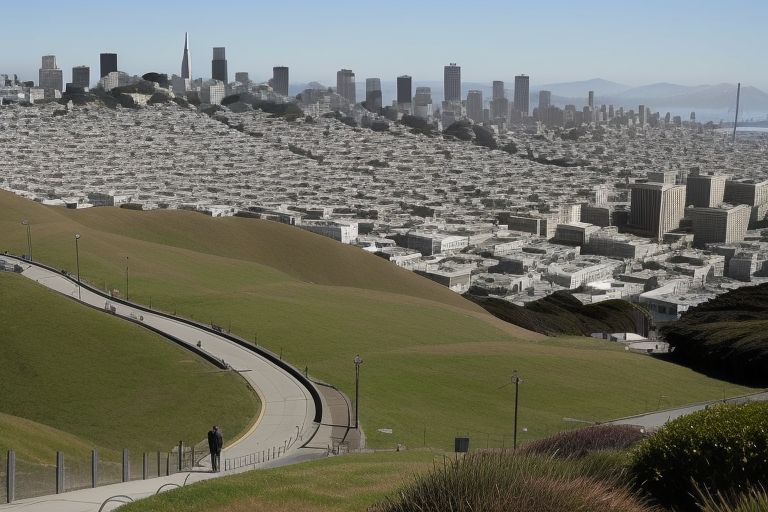

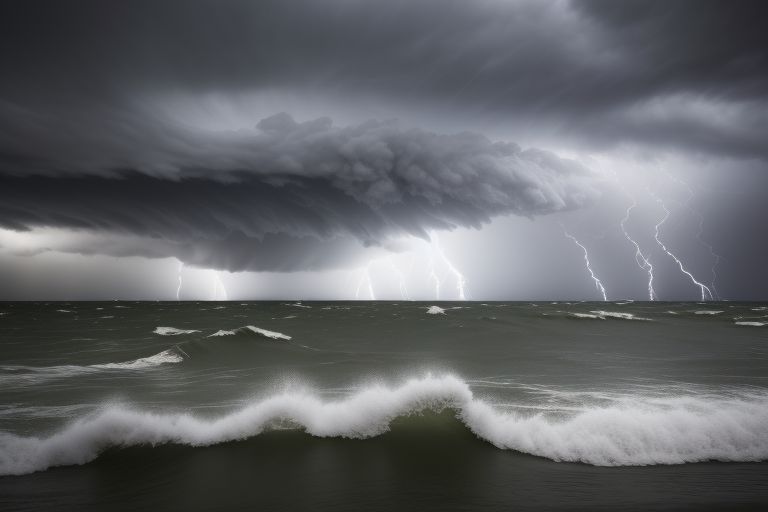
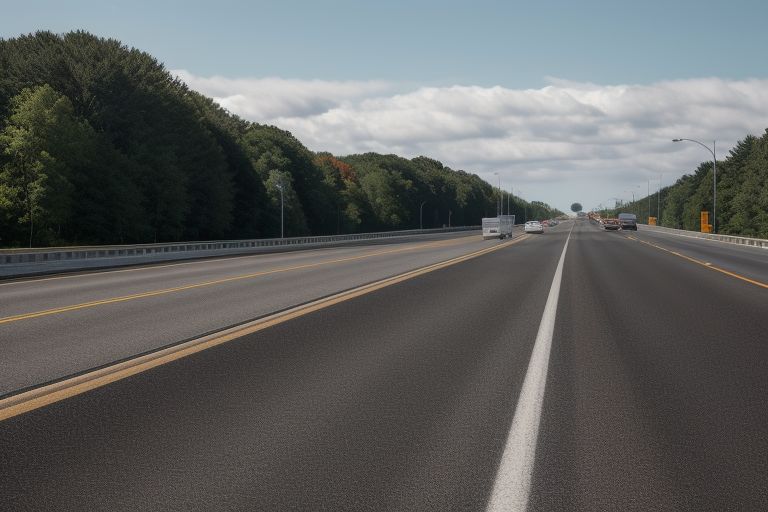

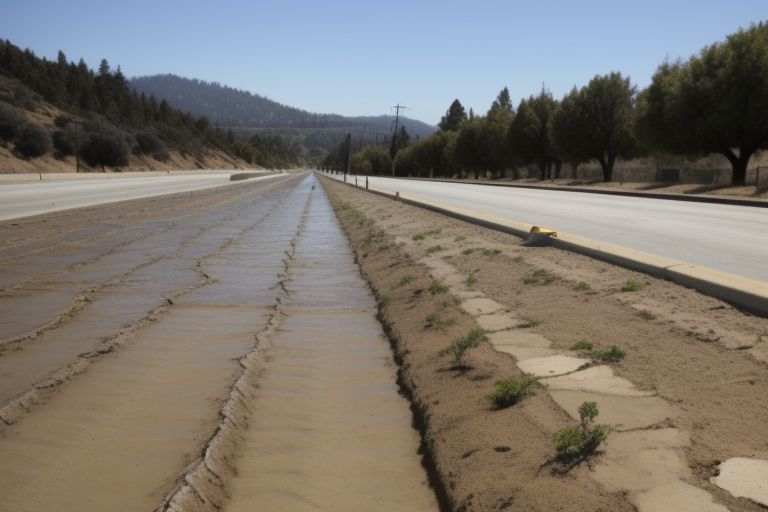
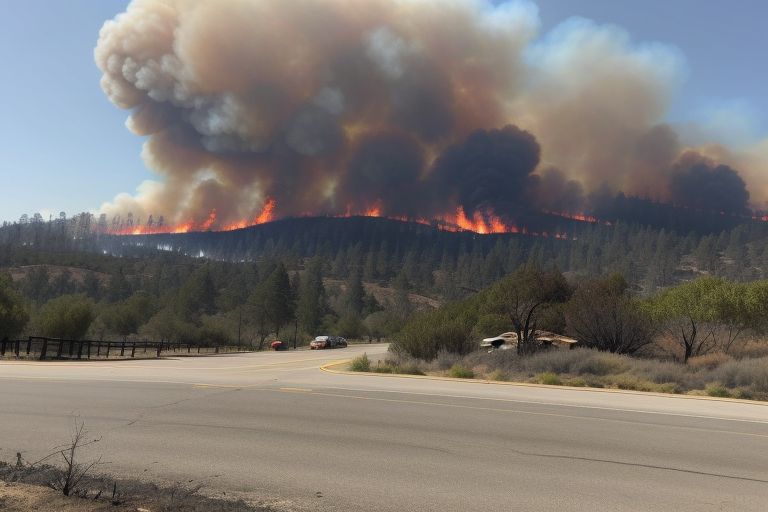
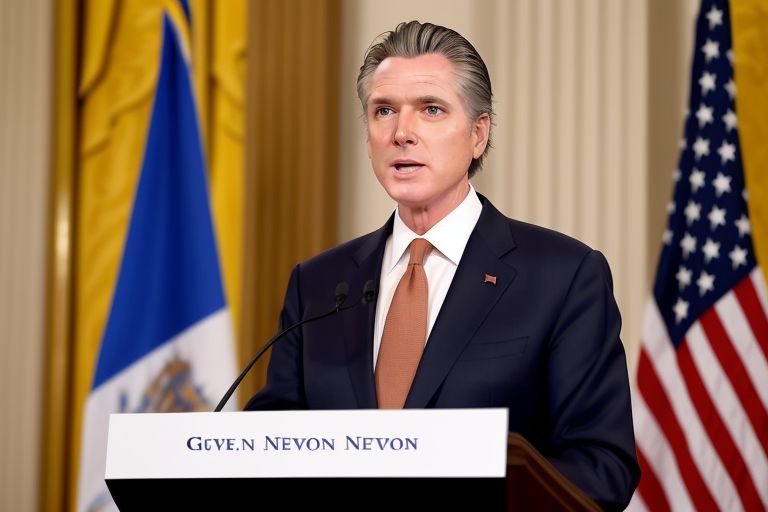

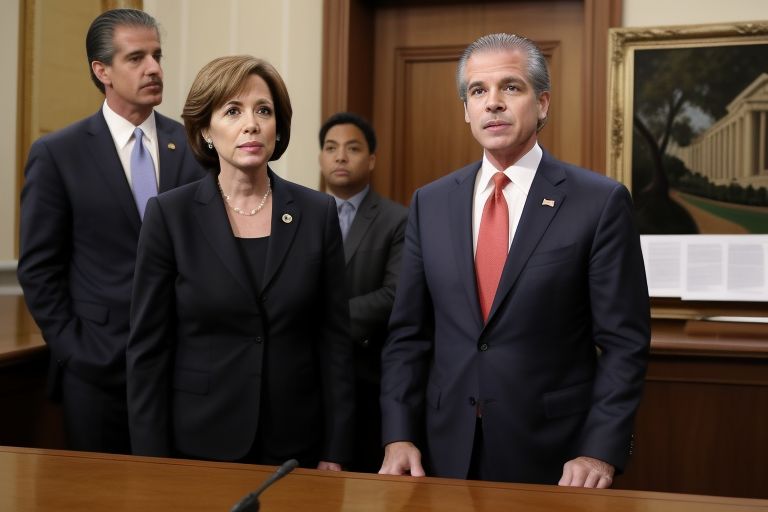

Leave a Reply